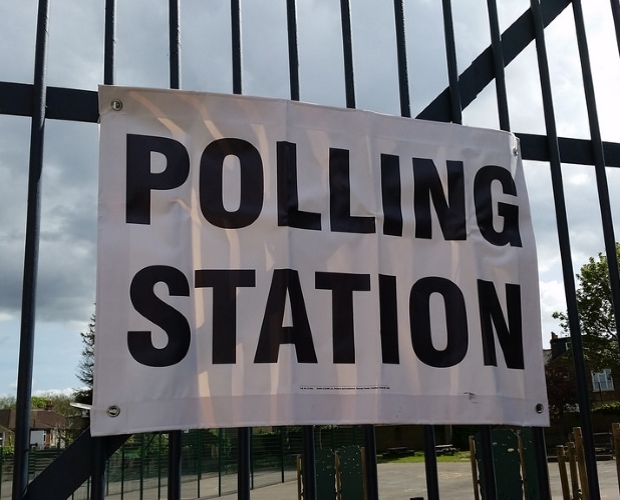
Elections 2021: Why a lack of buses is a key issue for voters
Ahead of the local elections, the BBC interviews young people across the country who have struggled with dwindling bus services
Transport is vital for the quality of life and economic health of rural areas, yet it faces challenges such as infrequent public bus services and less Government funding compared to urban regions.

Ahead of the local elections, the BBC interviews young people across the country who have struggled with dwindling bus services
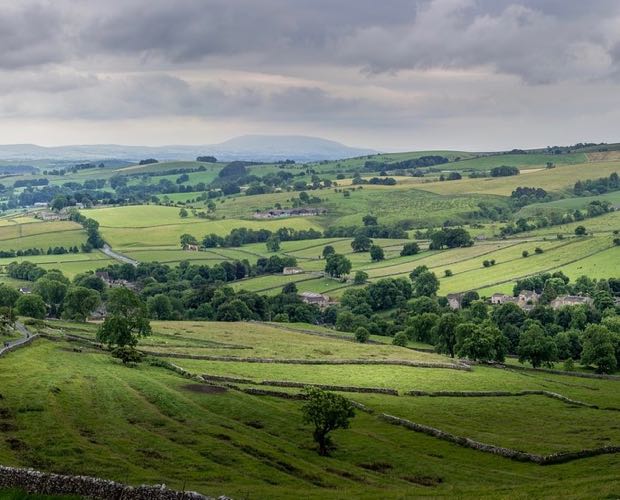
Conservative peer Anne McIntosh explores in the Yorkshire Post the ways in which the Government’s levelling-up agenda and ‘build back better’ possibilities will work in a rural landscape
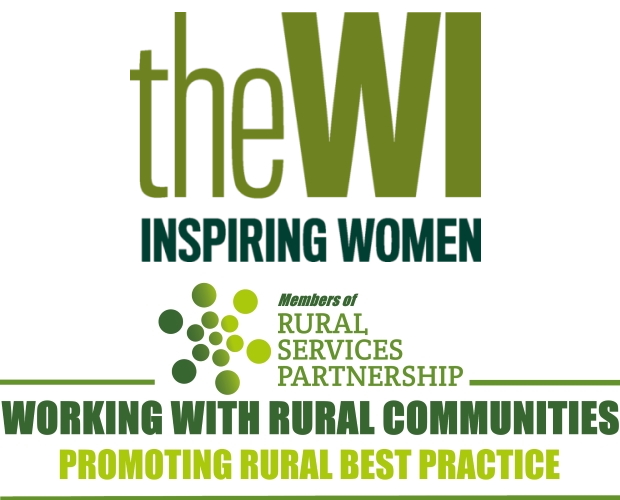
On 20 April, the National Federation of Women’s Institutes (NFWI) launched its new report: A New Route for Local Bus Services
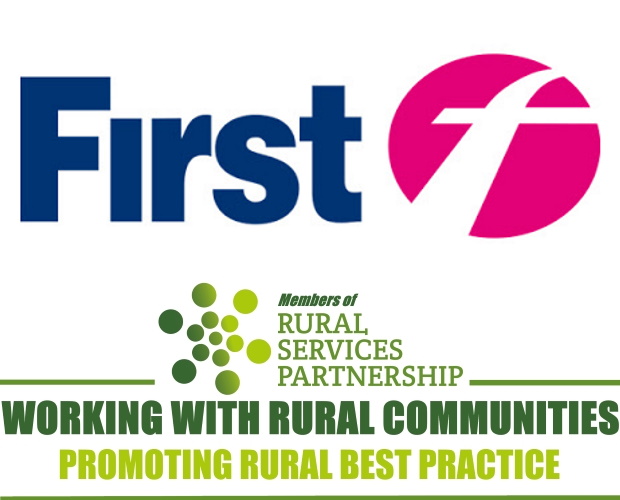
As the UK starts to emerge from staggered lockdowns and more people return to commuting, it’s perhaps more important than ever that everyone has the confidence and choice to consider
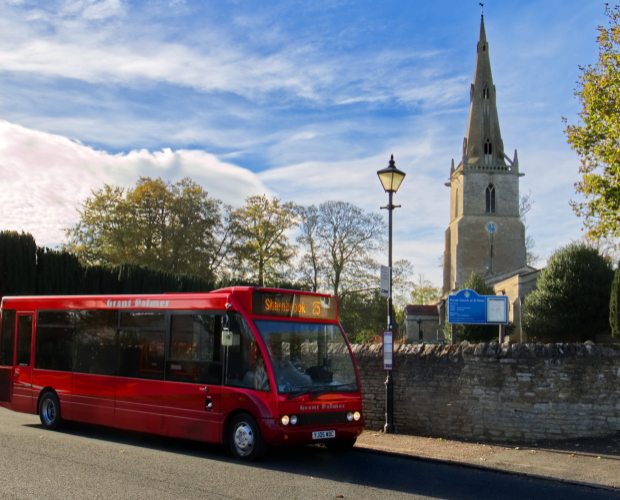
Young people in isolated communities without good public transport are being ‘written off’, according to a report on the BBC
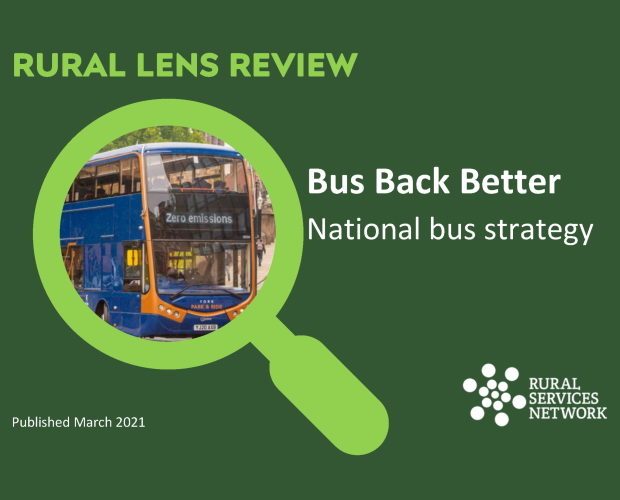
Whilst the RSN has published some initial thoughts on Bus Back Better, which the Government launched early in 2021, it has now had the opportunity to consider the strategy and
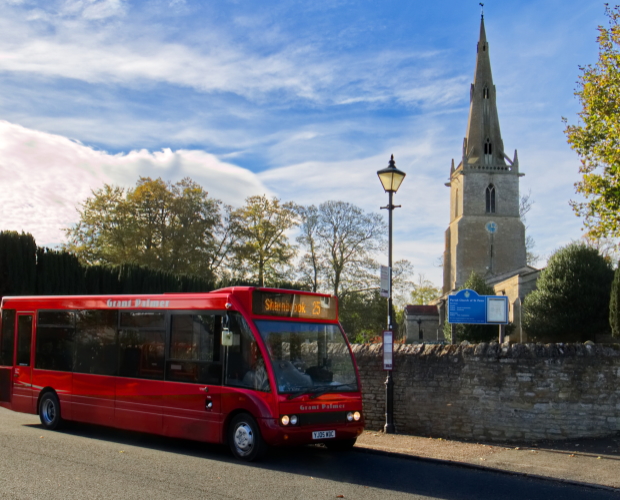
Poor access to public transport and fewer numbers of car owners are isolating people living in ‘left behind’ neighbourhoods from urban centres and essential services
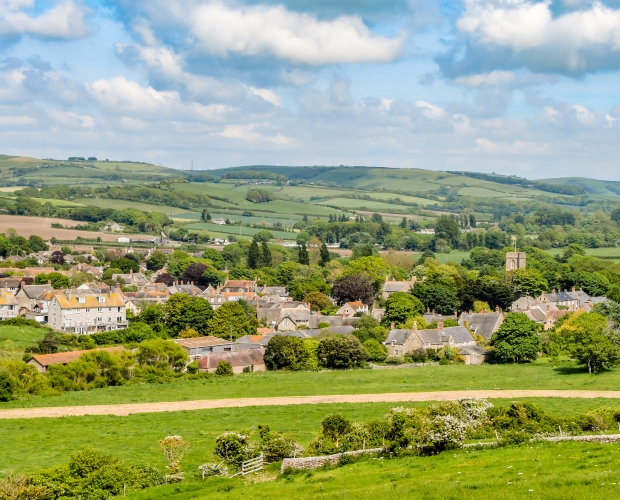
The UK welfare system is poorly adapted to meet the needs of those living in rural areas, new research led by Newcastle University has found
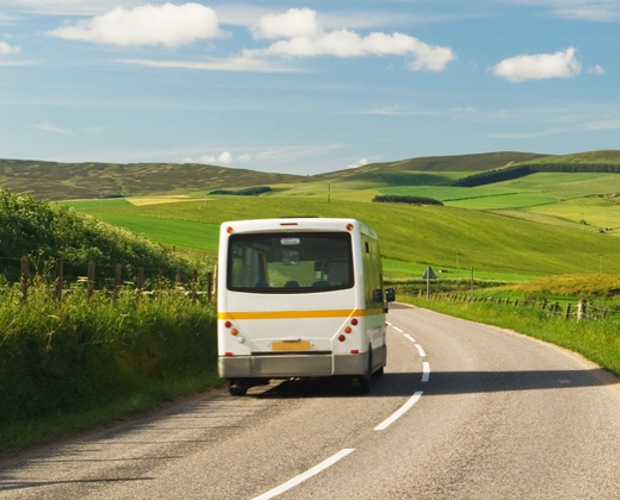
The Rural Services Network has put together a first review of the new Bus Back Better: National Bus Strategy for England, launched by the Government last week

The Government has yesterday announced it’s plans for the National Bus Strategy, Bus Back Better, and a ‘£3 Billion bus revolution’
Transport is vital for the quality of life and economic health of rural areas, yet it faces challenges such as infrequent public bus services and less Government funding compared to urban regions.

Ahead of the local elections, the BBC interviews young people across the country who have struggled with dwindling bus services

Conservative peer Anne McIntosh explores in the Yorkshire Post the ways in which the Government’s levelling-up agenda and ‘build back better’ possibilities will work in a rural landscape

On 20 April, the National Federation of Women’s Institutes (NFWI) launched its new report: A New Route for Local Bus Services

As the UK starts to emerge from staggered lockdowns and more people return to commuting, it’s perhaps more important than ever that everyone has the confidence and choice to consider bus travel and thus play their own part in reducing emissions by leaving the car at home

Young people in isolated communities without good public transport are being ‘written off’, according to a report on the BBC

Whilst the RSN has published some initial thoughts on Bus Back Better, which the Government launched early in 2021, it has now had the opportunity to consider the strategy and the attached Rural Lens document sets out some key considerations of the strategy from a rural perspective

Poor access to public transport and fewer numbers of car owners are isolating people living in ‘left behind’ neighbourhoods from urban centres and essential services

The UK welfare system is poorly adapted to meet the needs of those living in rural areas, new research led by Newcastle University has found

The Rural Services Network has put together a first review of the new Bus Back Better: National Bus Strategy for England, launched by the Government last week

The Government has yesterday announced it’s plans for the National Bus Strategy, Bus Back Better, and a ‘£3 Billion bus revolution’